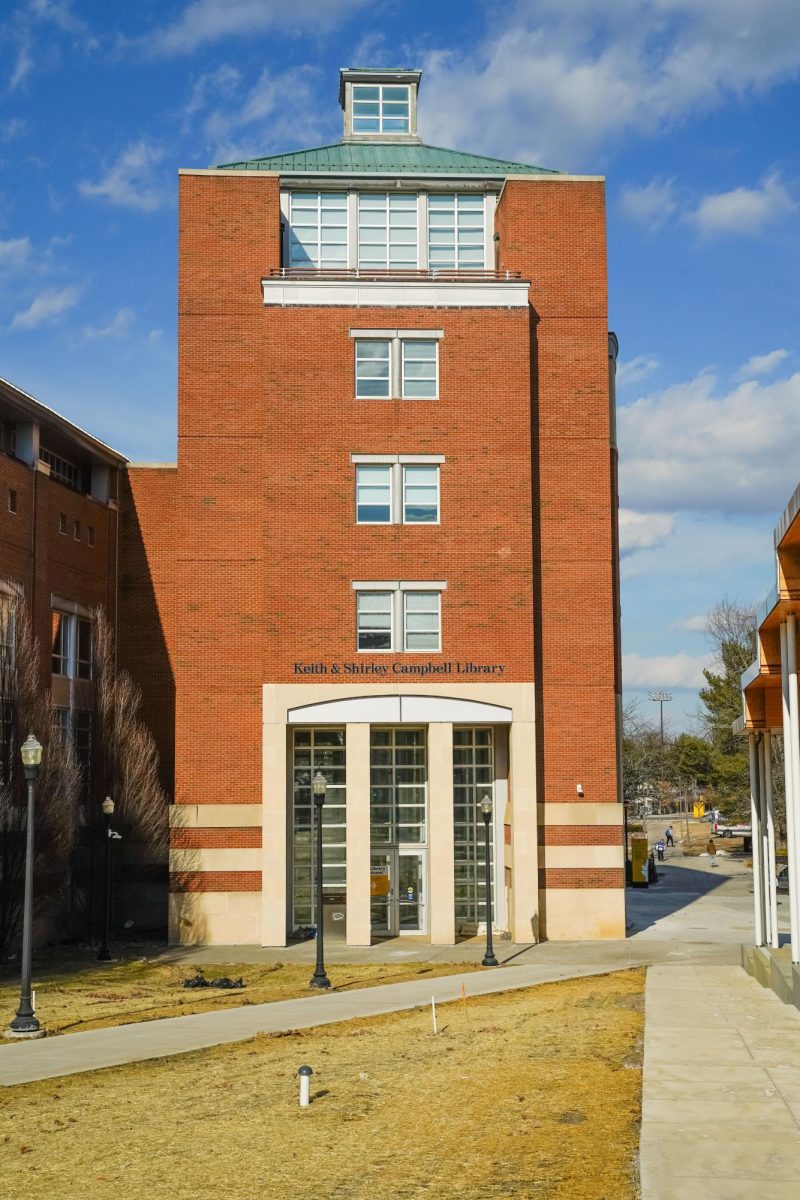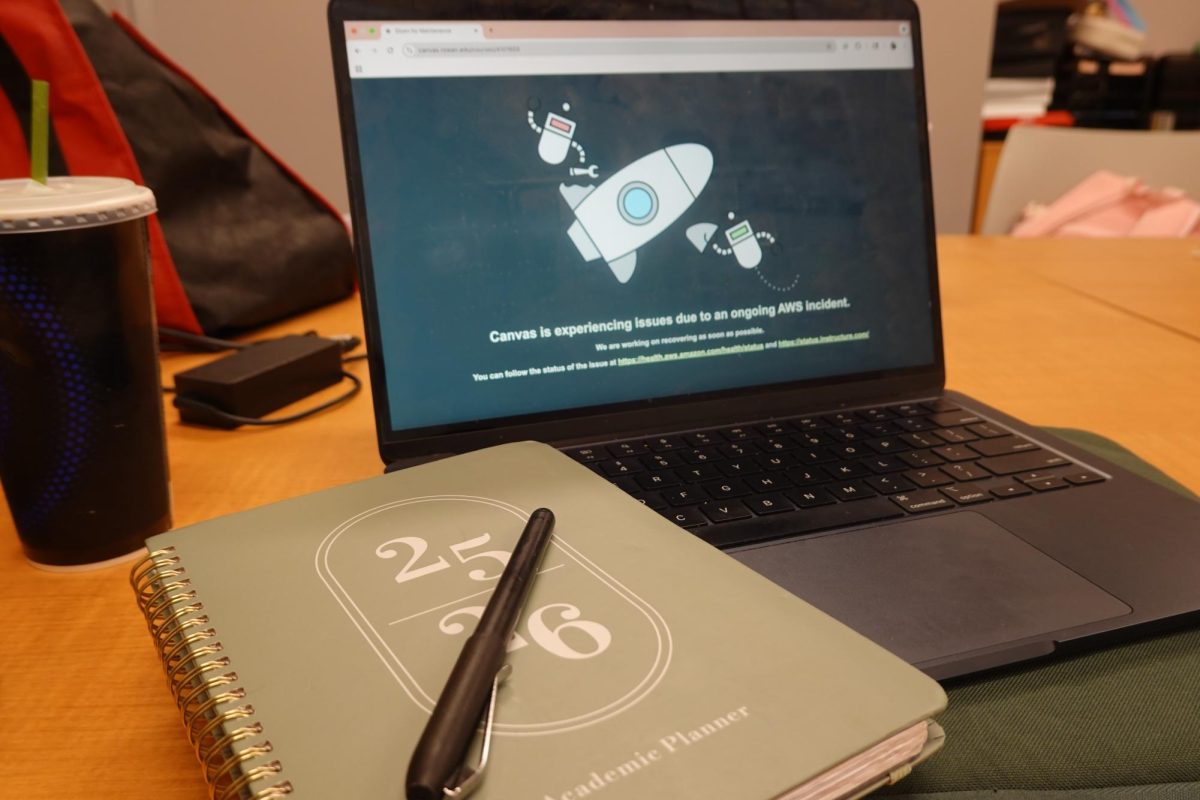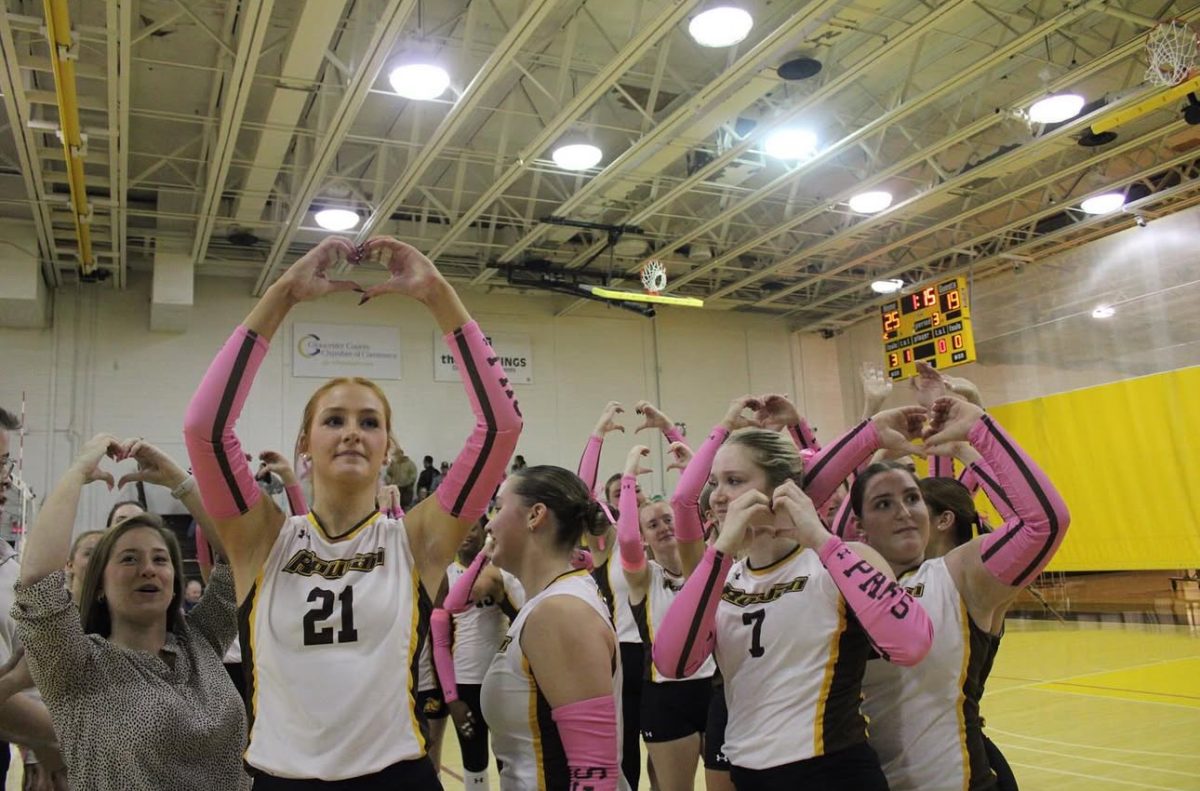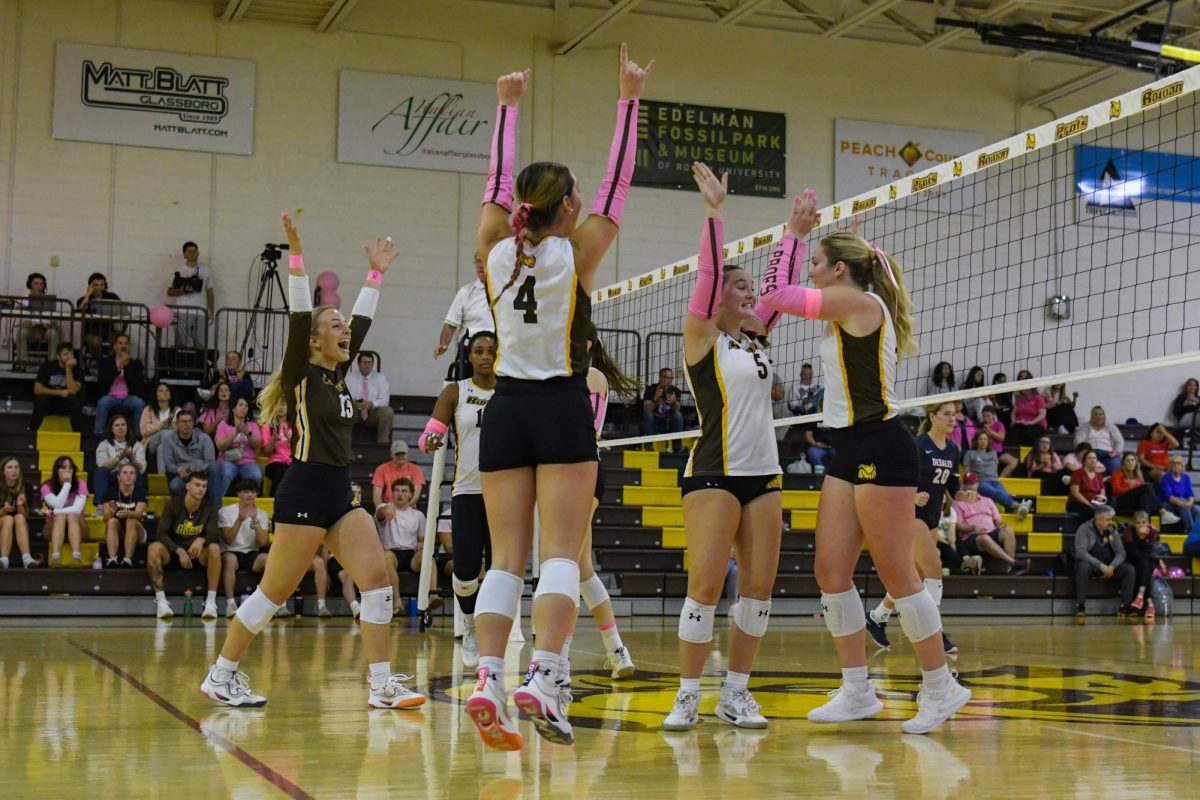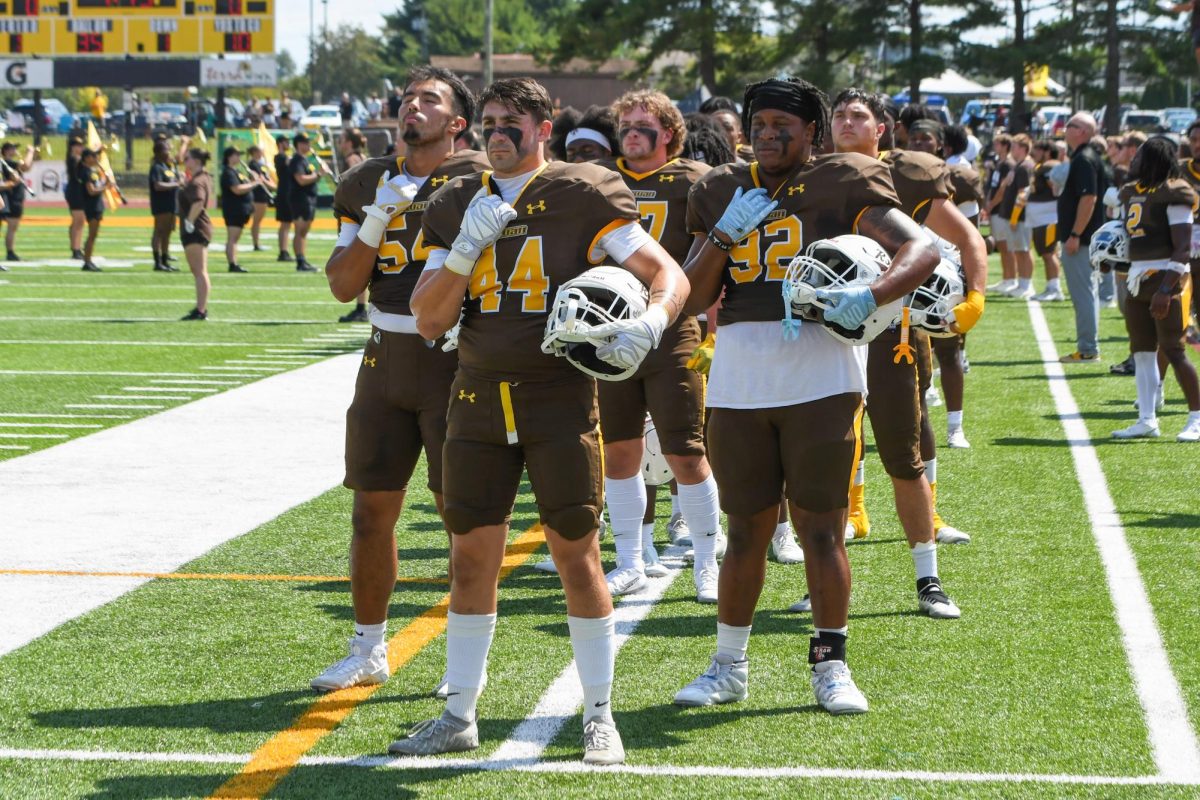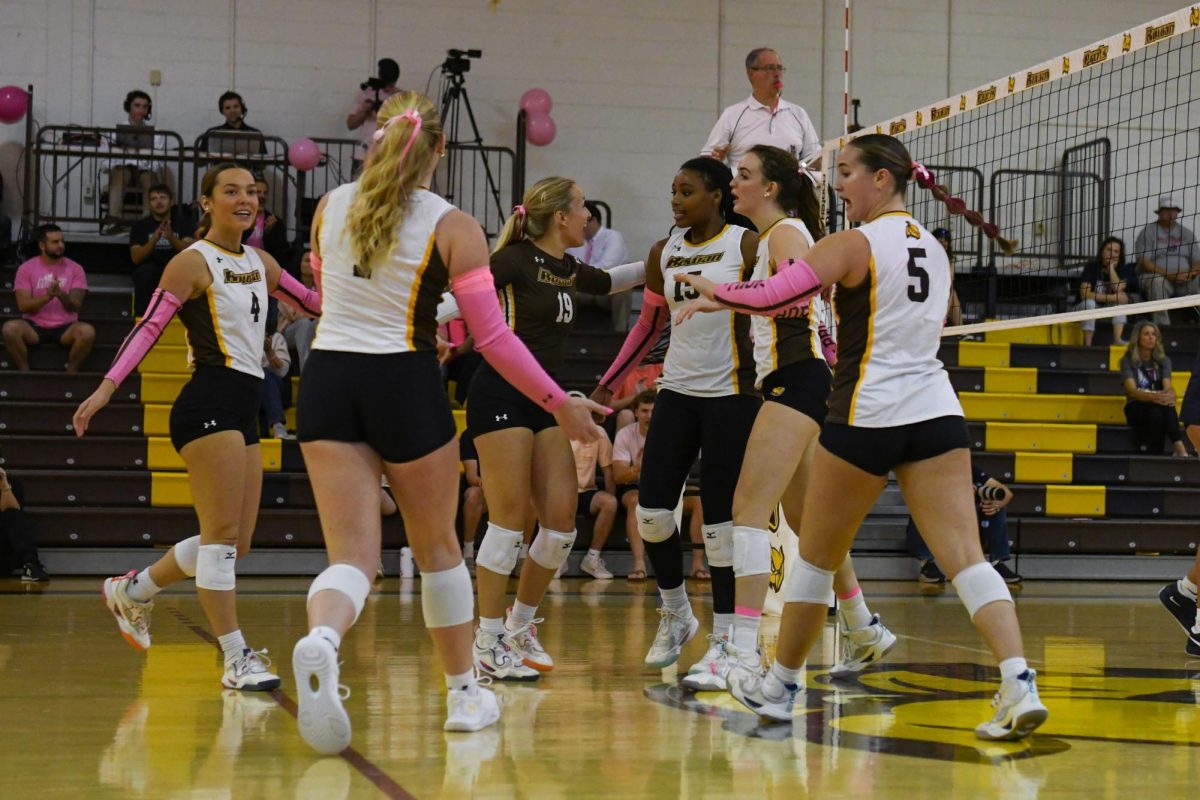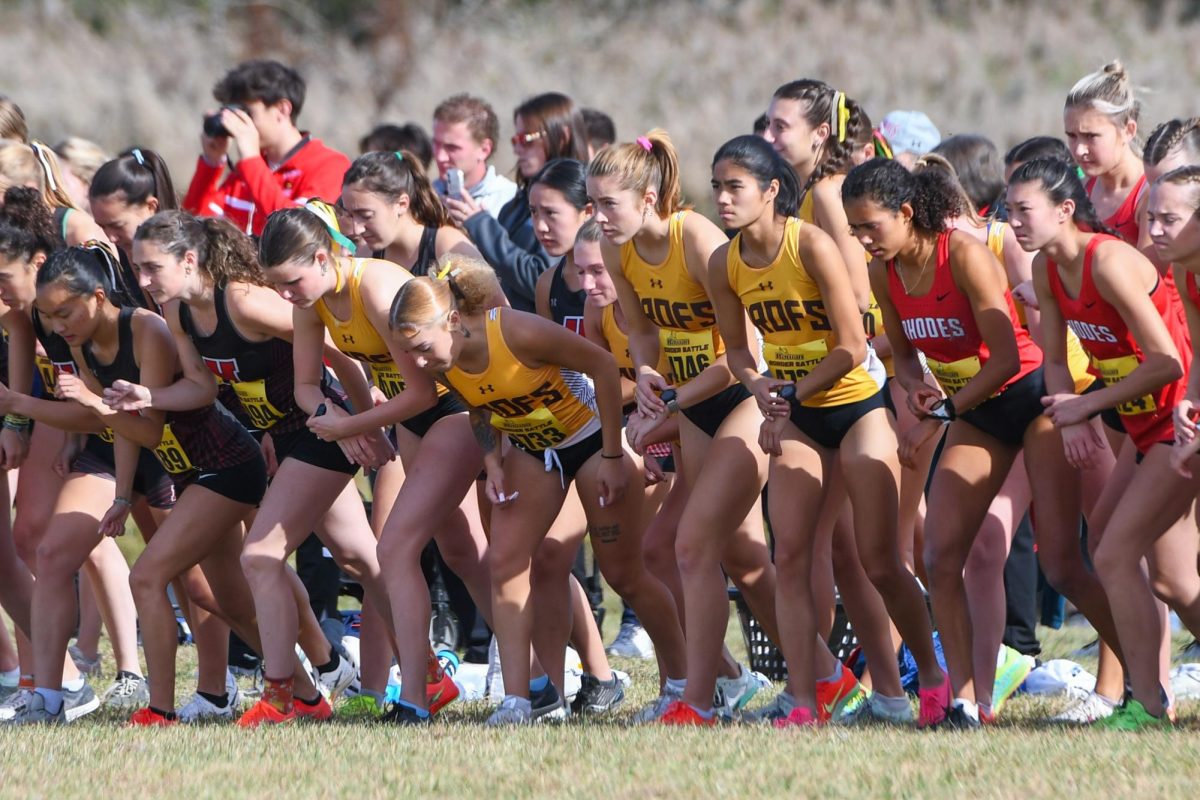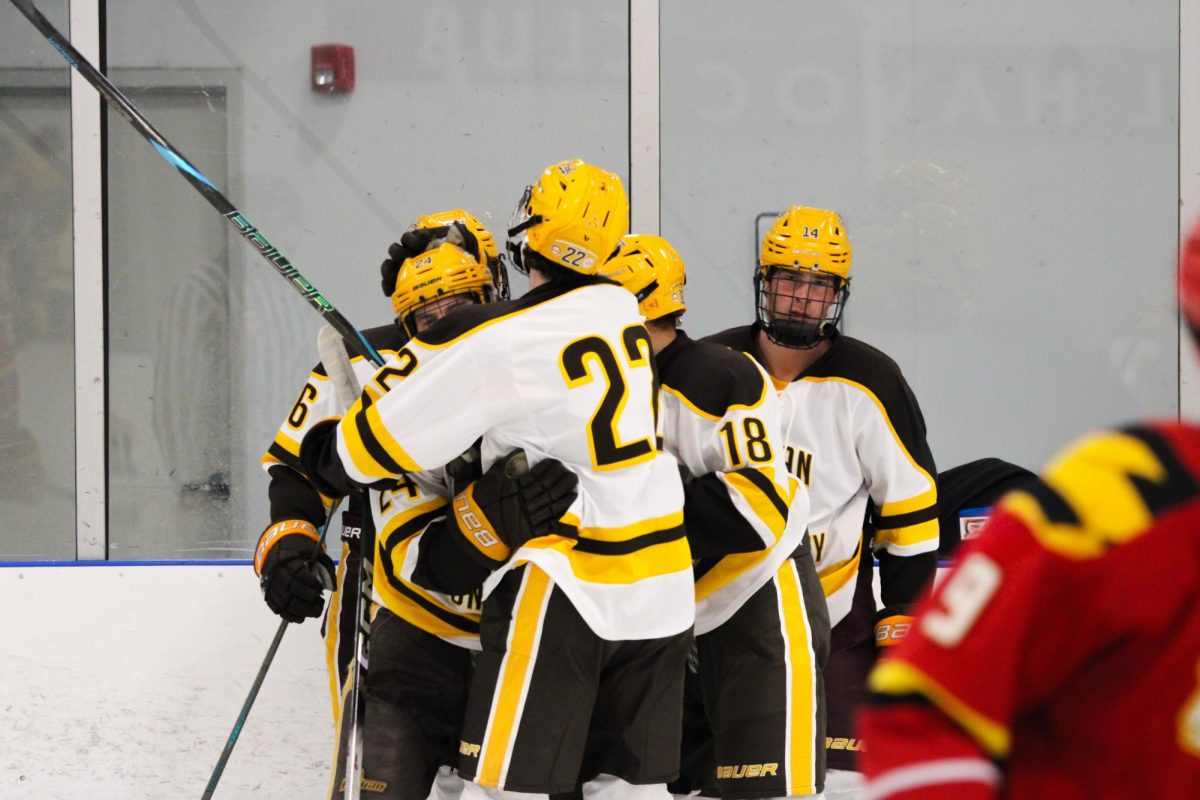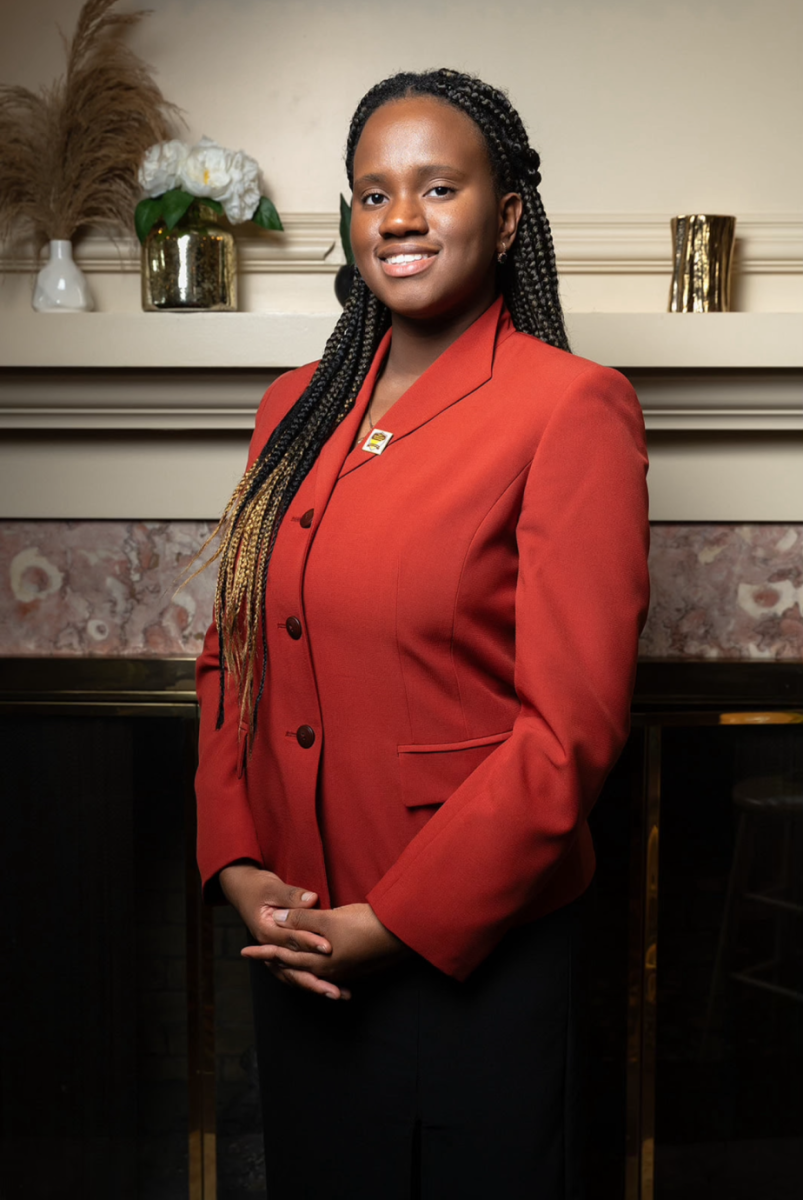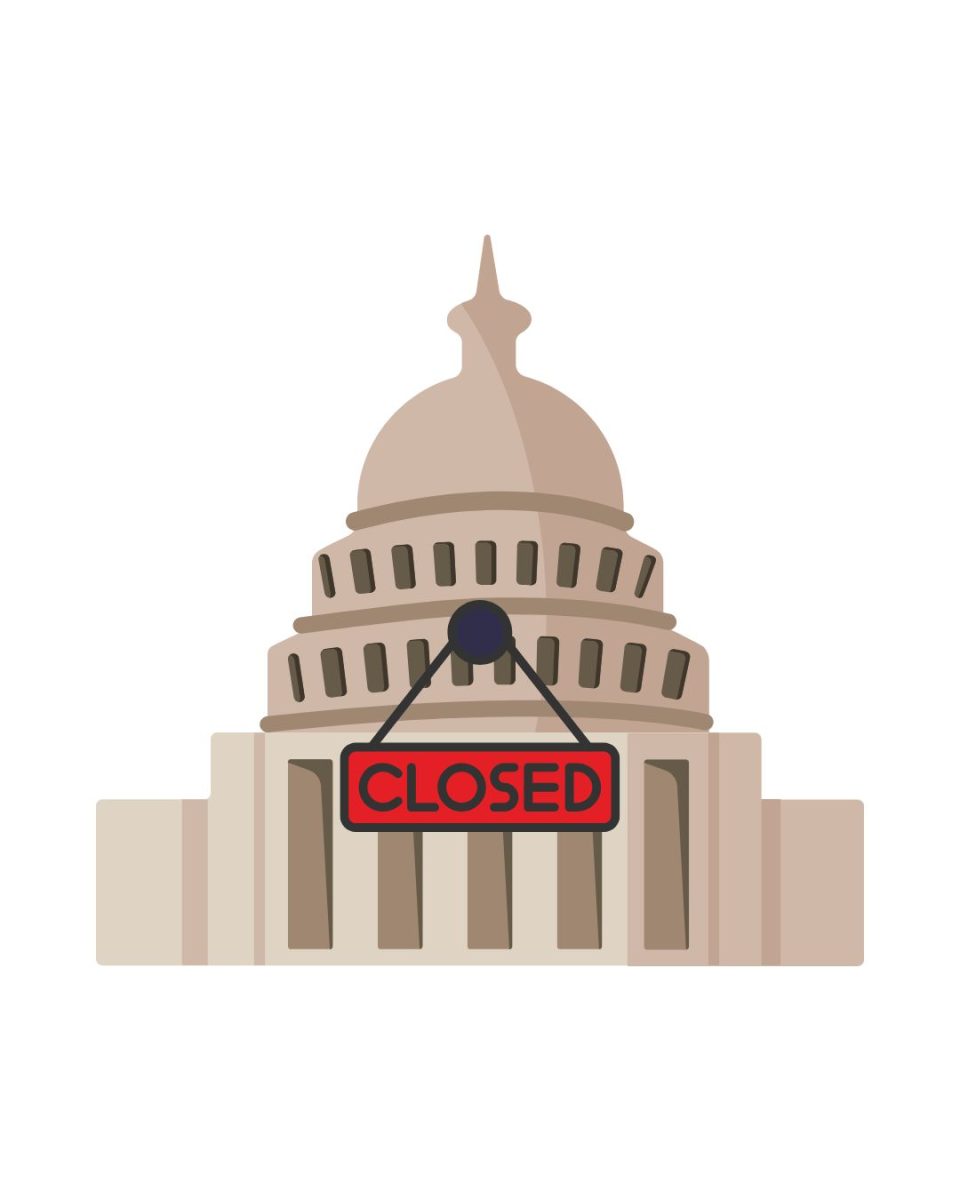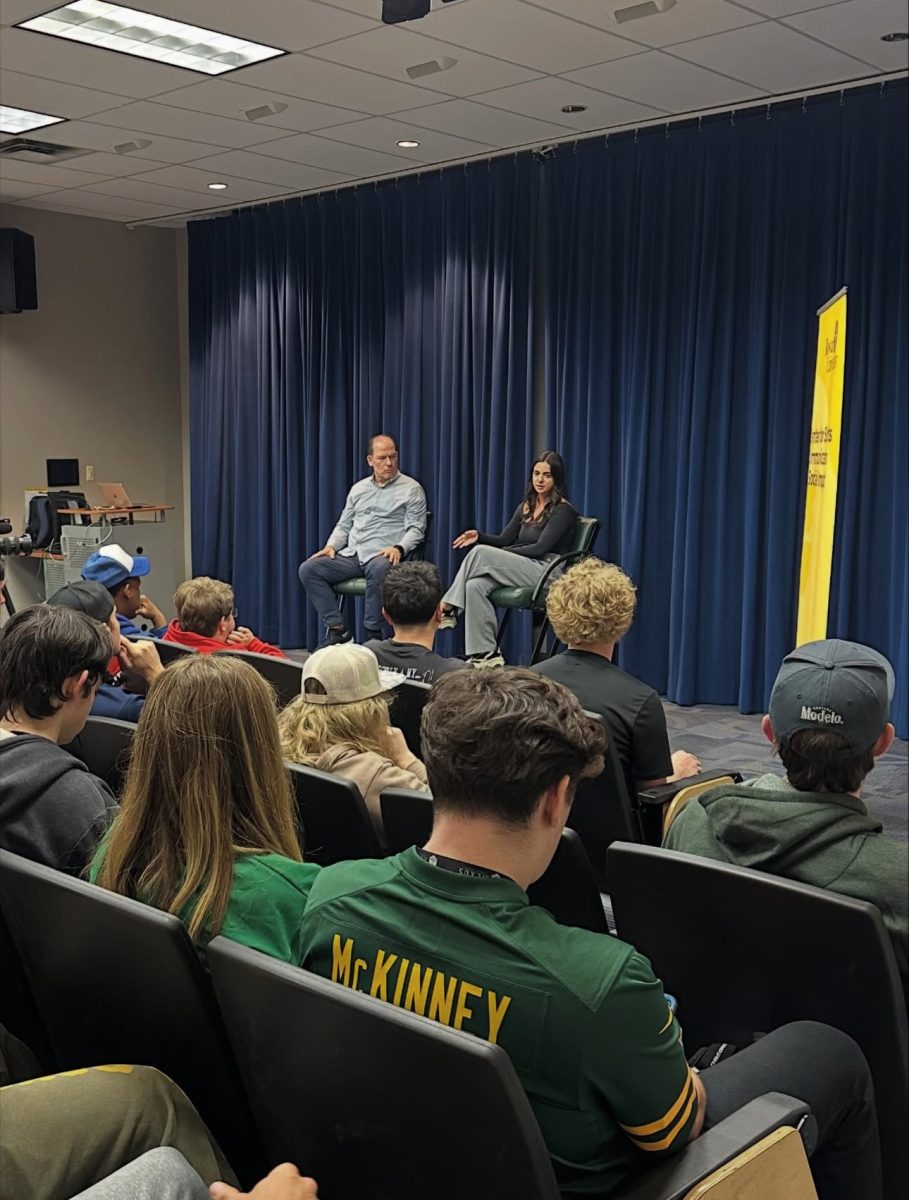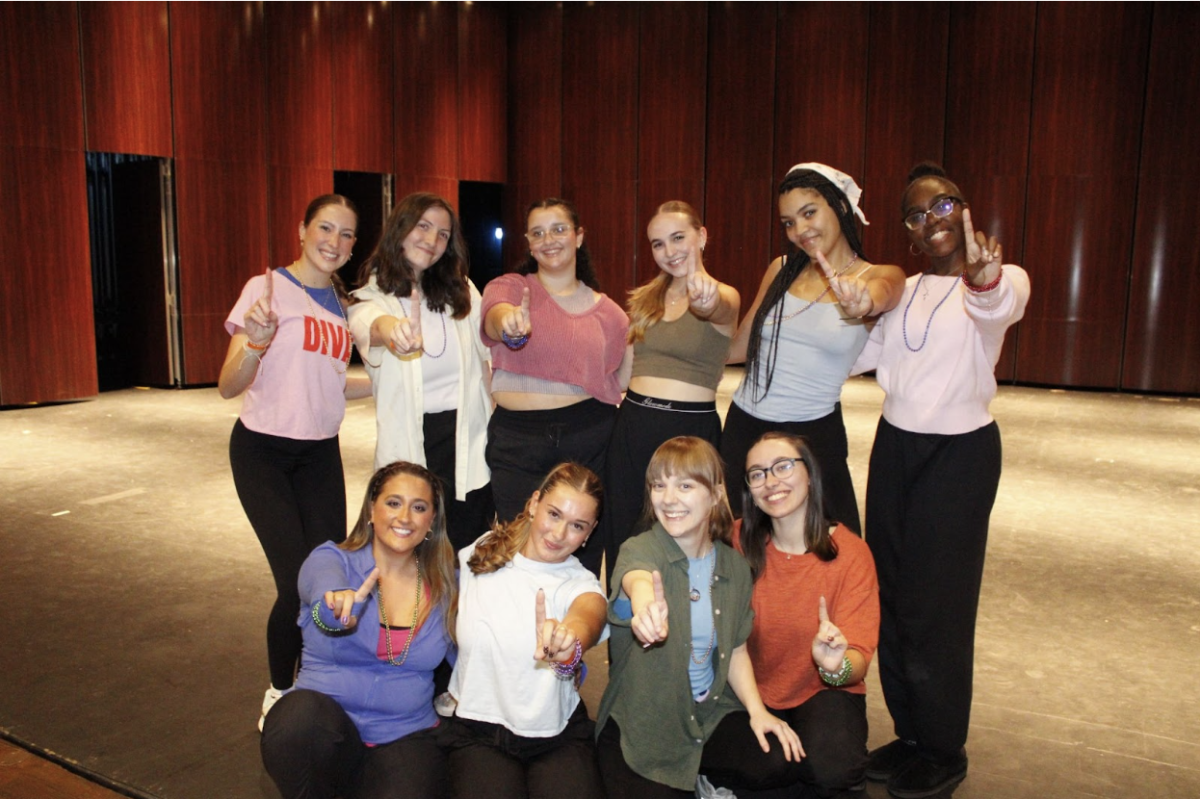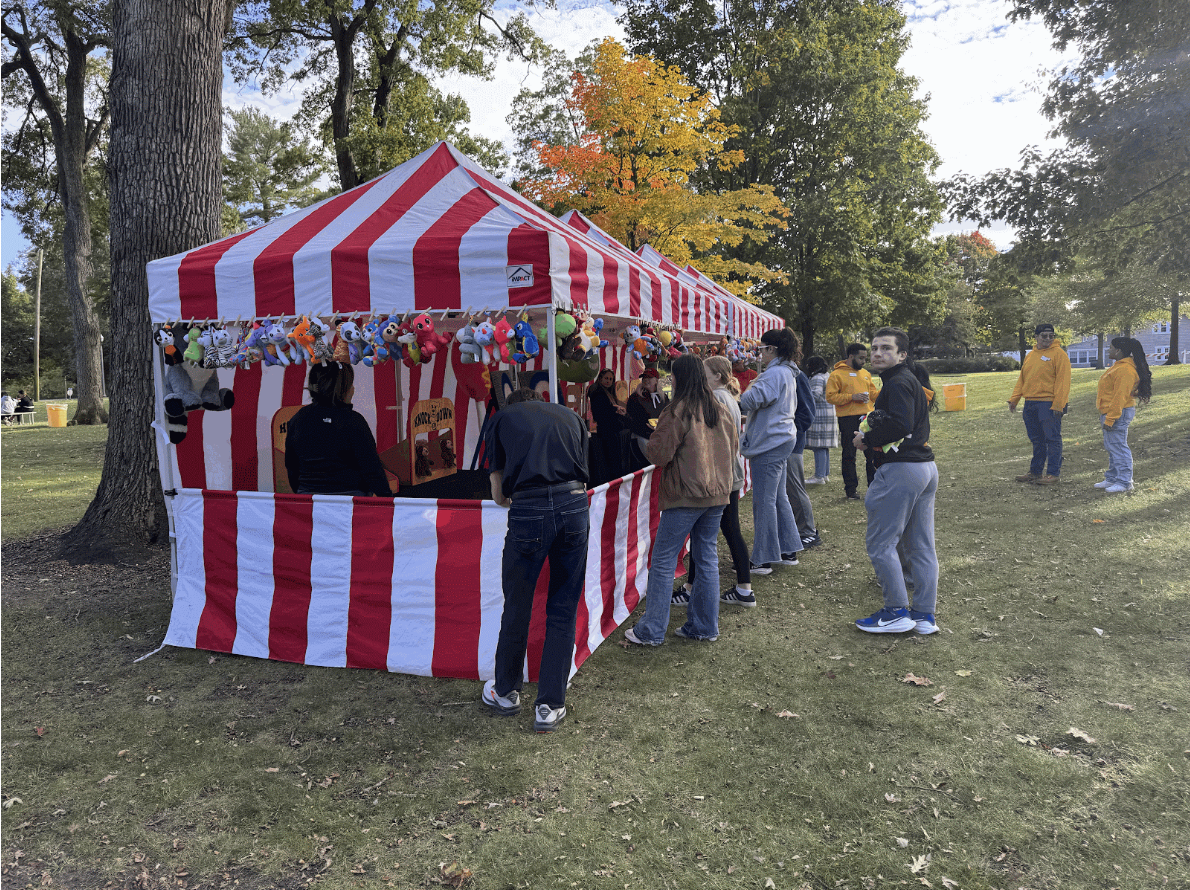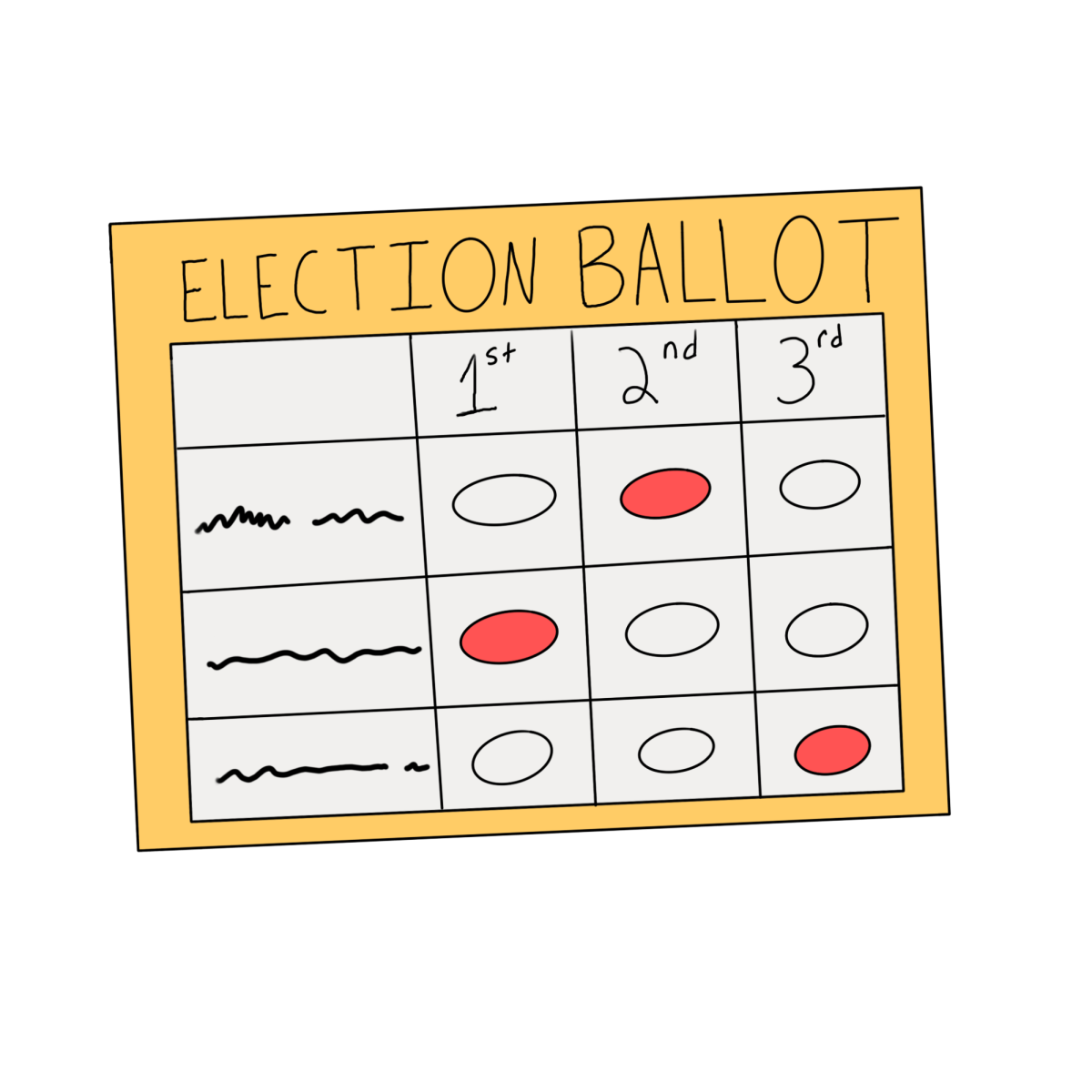In the spirit of election season, as Rowan students ramp up to get out and vote in this year’s presidential race, and all other down-ballot races this upcoming Tuesday, I thought it would be a good time to discuss how voting in this country works, and more importantly, how the process could work better.
In my view, the way United States citizens vote is deeply flawed for a number of systemic reasons.
The top reason I believe this is the lack of ranked-choice voting in the country.
Ranked choice voting (RCV), which can also be known as instant runoff voting, is a voting process where instead of choosing just one candidate over the others present, voters are given the ability to rank all of the candidates in order of preference.
This means that if a voter prefers a third-party candidate but fears that candidate does not have a real chance of winning, they would be able to then put in their second vote for another candidate that they believe has more of a chance of actually winning the overall election.
In the event the first listed candidate doesn’t get a sizable enough percentage of the votes, the vote then goes to the second-ranked, and if they don’t get a large enough percentage, the vote goes to the third candidate ranked, and so on.
The practice is only statewide in Alaska and Maine, but 60 jurisdictions across 24 states use the practice for various different types of elections, though not all jurisdictions have the system open to all voters for all elections. Currently, 50 of the 60 total jurisdictions have RCV enacted for every voter in public elections.
The practice is even on the ballot in some states this year. Though it will not be on ballots in New Jersey, I still believe that this is a conversation that should be had by all voters.
While some of these places use ranked-choice voting for local or state elections, or even presidential primaries, none of these places use RCV for the general presidential election.
I think that RCV would be beneficial for all elections, including the general presidential election, because it would help combat the practices of strategic voting, in which voters do not select the candidate they most agree with on policy, instead opting for one of the candidates in the two major parties that they feel is the lesser of two evils.
This means voters who do this are not meaningfully voting for a candidate, and instead just voting against the other candidate that they feel would be worse.
It is hard to measure strategic voting in the US, though I would argue that any amount of voters who feel it is necessary is harmful to democracy overall. Democracy is supposed to be about choosing a voter’s preferred candidate and not voting to stop what this hypothetical voter thinks would be a more detrimental outcome for themselves and the country overall. This way, no one who chooses to vote third party feels like they are “throwing away” their vote, as is often said of those who opt for an option that is not within the Democratic or Republican constraints.
Another reason to favor this process is that it has been shown to increase voter turnout. One study from the University of Technology Sydney, though admittedly preliminary and incomplete, found that voters in the Minneapolis-St. Paul area saw a nearly 10% increase in voter turnout after RCV was implemented for the jurisdiction’s mayoral elections.
Though critics say that this practice is too confusing, I don’t believe that this is the case. I believe that RCV is a fairly simple practice that voters would be able to easily understand, especially if the implementation was accompanied by a public information campaign. Of course, it would need to be taken slowly and cautiously to ensure things went into place as smoothly as possible for the most accurate count of votes.
Other critics say that the process would make vote counting a longer and more arduous process. However, this does not appear to be true, as jurisdictions that use the process still end up with results within the period of time they would have to wait for absentee ballots by law anyway. Even if it did take longer, I would argue that a system that helps avoid the “spoiler effect” of third-party candidates is worth a longer tabulation process.
For comments/questions about this story DM us on Instagram @thewhitatrowan or email [email protected]



